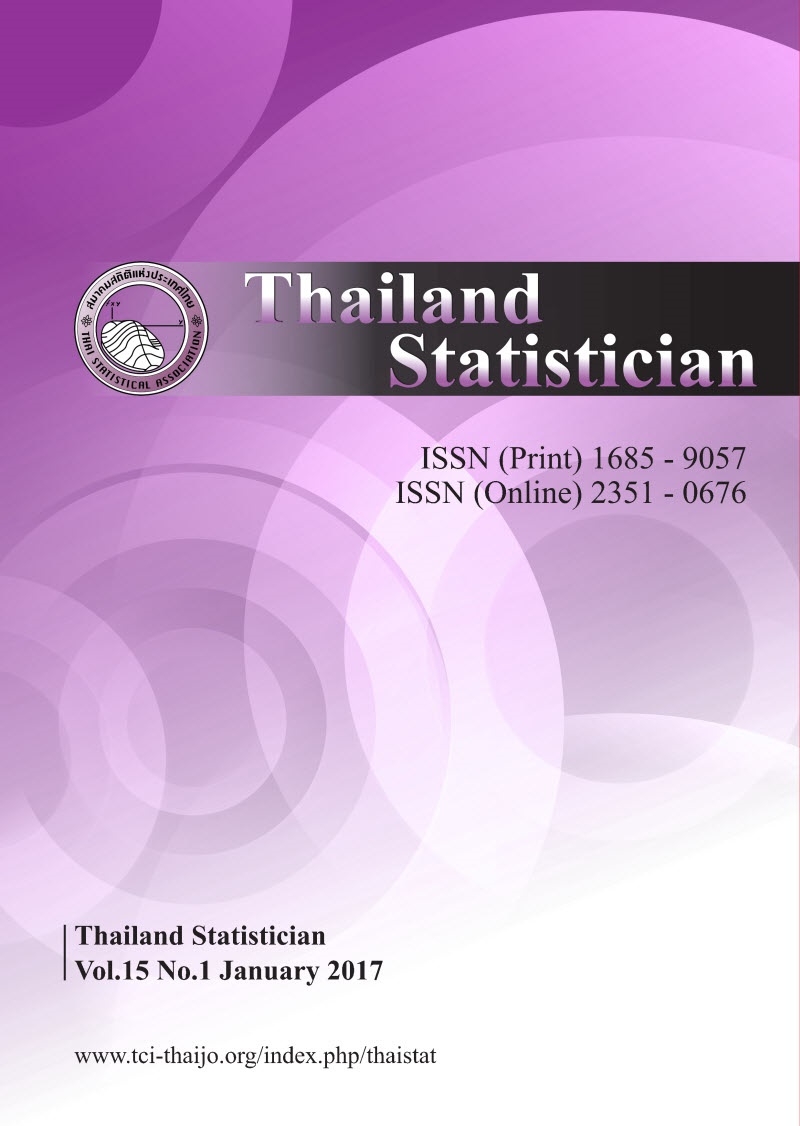Forecasting on Dynamic Panel Regression with Cross Section Dependency - Asian Countries and Simulation Results
Keywords:
dynamic panel data model, fixed effects, nonparametric local estimator random effectsAbstract
t This paper studies the effects of the informative cross-section dependence on the dynamic panel regression estimation for Asia currencies in August, 2004 to August, 2007 and then compares forecasting performance for both daily and weekly returns. Traditional parametric approaches are Ordinary Least Squares (OLS), Seemingly Unrelated Regressions (SUR), Fixed Effects (FE) and Random Effects (RE) models. Nonparametric Random Effects panel data models are the Local Polynomial Least Squares (LPLS) and Local Polynomial Weighted Least Squares (LPWLS) estimators with cross-validation bandwidth. The results show that the nonparametric LPLS could outperform the other models to forecast the daily returns. But there is inconclusive evidence to justify which model is the best to forecast the weekly returns. However, in general, the SUR could yields better results than the other models for weekly returns forecasting. This is according to the higher correlations among the estimated disturbances gathered from their individual AR(1) estimation. The results from the dynamic panel processes simulation are consistent with the returns forecasting outcomes.Downloads
How to Cite
Jithitikulchai, T. (2015). Forecasting on Dynamic Panel Regression with Cross Section Dependency - Asian Countries and Simulation Results. Thailand Statistician, 6(2), 143–162. Retrieved from https://ph02.tci-thaijo.org/index.php/thaistat/article/view/34326
Issue
Section
Articles



